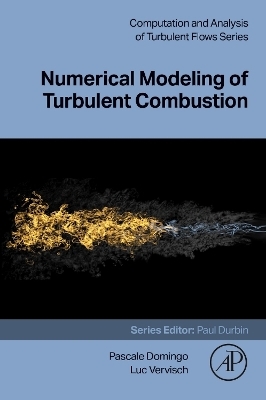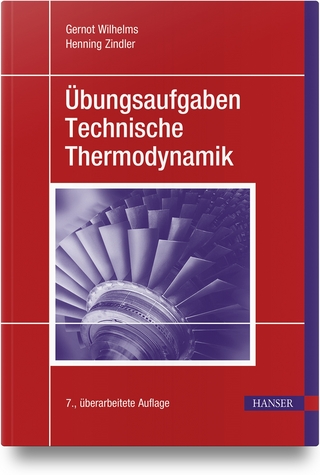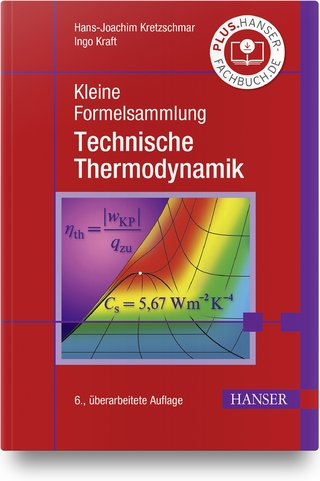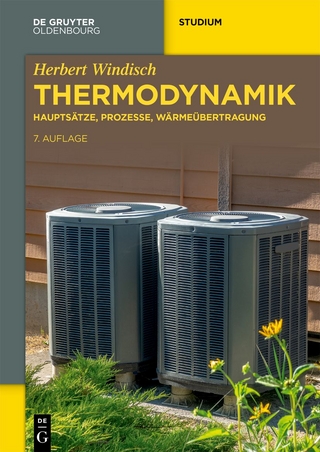
Numerical Modeling of Turbulent Combustion
Academic Press Inc (Verlag)
978-0-443-29158-6 (ISBN)
- Noch nicht erschienen (ca. Mai 2025)
- Versandkostenfrei innerhalb Deutschlands
- Auch auf Rechnung
- Verfügbarkeit in der Filiale vor Ort prüfen
- Artikel merken
Luc Vervisch's research uses numerical simulations and data-driven approaches to address reacting flow physics. The first and foremost studied problems related to combustion and flames.?He completed his Ph.D. at Laboratoire National d’Hydraulique (LNH) in Chatou (Paris, France) in 1991, followed by a Post-Doc at the Center for Turbulence Research (CTR) Stanford, USA. He is a professor at the National Institute for Applied Sciences (INSA) in Rouen Normandie, France. He was awarded a senior Chair at Institut Universitaire de France (IUF) in 2014 and the Prix Jaffé of the French Academy of Sciences in 2015. He is a fellow of the Combustion Institute, “for groundbreaking advances in the computational modeling of flames and its application to turbulent combustion systems. Luc Vervisch serves as Chairman of the Scientific Board of IFP Energies Nouvelles. Pascale Domingo?is a combustion?physicist and?aero-thermochemist?who uses direct and?large eddy simulation?to study flames and reactive flows in?turbulent?fuel-air mixtures. She is a director of research for the?French National Centre for Scientific Research?(CNRS) and is affiliated with the CNRS CORIA laboratory. Pascale Domingo completed a Ph.D. in the modeling of plasma flow physics in 1991 at the?University of Rouen Normandy, followed by a postdoctoral position in the Aeronautics and Astronautics department of?Stanford University. Domingo was elected to the 2019 class of Fellows of The Combustion Institute, "for excellent contributions to the numerical simulation of flames including hybrid combustion regimes predicting major and minor chemical species".
1. Aerothermochemistry and scalars dynamics in turbulent flame modeling
2. Fundamental and tools for turbulent combustion modeling
3. Solid fuel combustion modeling
4. Soot modeling and Flame synthesis of nanostructured materials
5. Radiation and heat transfer modeling in combustion
6. Flame front capturing and flame surface density
7. Modeling needs for MILD combustion
8. Flamelet modeling and presumed PDF
9. Conditional Moment Closure
10. PDF transport
11. LBM method for combustion
12. Machine learning for combustion modeling
| Erscheint lt. Verlag | 1.5.2025 |
|---|---|
| Reihe/Serie | Computation and Analysis of Turbulent Flows |
| Verlagsort | San Diego |
| Sprache | englisch |
| Maße | 152 x 229 mm |
| Themenwelt | Naturwissenschaften ► Physik / Astronomie ► Thermodynamik |
| Technik ► Maschinenbau | |
| ISBN-10 | 0-443-29158-6 / 0443291586 |
| ISBN-13 | 978-0-443-29158-6 / 9780443291586 |
| Zustand | Neuware |
| Haben Sie eine Frage zum Produkt? |
aus dem Bereich


